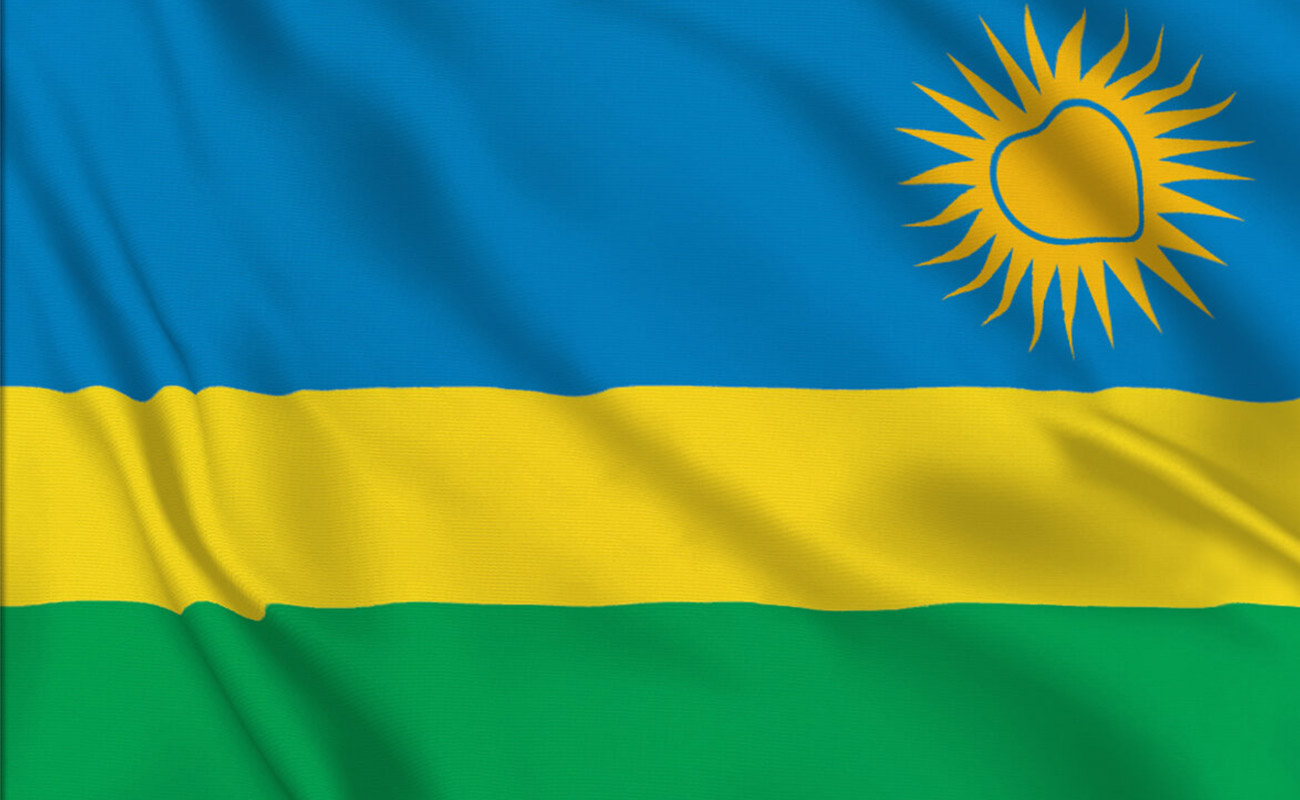
By Oluwaseun Taiwo
Rwanda formally withdrew from the Economic Community of Central African States (ECCAS), marking a bold shift in its regional affiliations. This move, though not entirely unexpected, has stirred conversations about the growing trend of African countries rethinking their positions in regional blocs. From Niger, Mali, and Burkina Faso quitting the Economic Community of West African States (ECOWAS) to Rwanda stepping out of ECCAS, the continent appears to be entering a new phase of geopolitical recalibration.
But what does this mean for the countries themselves, for the continent, and for the international community?
Rwanda’s Ministry of Foreign Affairs cited the country’s “strategic interests” as the key reason for leaving ECCAS. Though it has been a member since 2008, Rwanda’s ties to the bloc have always felt lukewarm. Geographically and politically, Rwanda has often leaned more toward the East African Community (EAC), where trade and cooperation have been more fruitful. The withdrawal from ECCAS can be seen as an alignment with realities on the ground: Rwanda trades more with EAC partners, participates actively in their security frameworks, and shares cultural and political affinities.
Still, the timing of the move is significant. Rwanda’s departure comes amid broader questioning of the relevance and effectiveness of African regional blocs. It’s not just about administrative housekeeping; it’s a political statement.
Rwanda’s ECCAS departure mirrors, in part, the January 2024 decision by Niger, Mali, and Burkina Faso to withdraw from ECOWAS. These three Sahelian countries, now governed by military juntas, accused ECOWAS of being out of touch and beholden to Western interests. In their view, the regional body had failed to protect member states against terrorism and was quick to sanction rather than support.
Unlike Rwanda’s move, which appears calculated and peaceful, the Sahel countries exited ECOWAS in defiance. They have since announced the formation of a new alliance, the Alliance of Sahel States (AES). This shows not just discontent, but a willingness to replace older structures with new ones that fit their ideological leanings.
Are We Witnessing a Trend?
Yes, but it’s more nuanced than a domino effect. What we are seeing is not just withdrawal for its own sake but a re-evaluation of the purpose, politics, and performance of regional blocs. Countries are asking: What do we gain from these alliances? Are they serving our interests or stalling our progress?
This is not entirely new. African regionalism has always been complicated by overlapping memberships, duplication of efforts, and lack of enforcement mechanisms. But today’s moves are different in that they are deliberate, often accompanied by public messaging, and reflect a broader dissatisfaction with continental diplomacy as it stands.
Africa’s regional blocs have long been seen as pillars for achieving continental unity and economic growth under the African Union’s Agenda 2063. If more countries begin to withdraw, it could undermine the AU’s ability to act collectively. The fear isn’t just about splintering, it’s about losing trust in multilateralism, something Africa has fought hard to establish post-independence.
Internationally, these moves can cause hesitation among investors and partners who value stability and predictable frameworks. But they can also open new doors. Countries like Rwanda, known for acting with long-term vision, may find more agile bilateral or mini-lateral deals outside cumbersome regional frameworks.
While Rwanda’s exit from ECCAS might look like a minor reshuffle in African diplomacy, it should not be dismissed as routine. It reflects a growing appetite across the continent for meaningful, results-driven cooperation rather than membership in symbolic but ineffective institutions.
But there is a risk here. If the trend continues without a new shared vision to replace the old, Africa may find itself more divided, less coordinated, and increasingly vulnerable to external manipulation. The challenge is to build regionalism that is responsive, inclusive, and flexible so countries don’t just walk away, but work together better.
The deeper question remains: Are these exits signs of failure or growing pains in Africa’s push for integration? The answer may shape the next chapter of continental politics.
